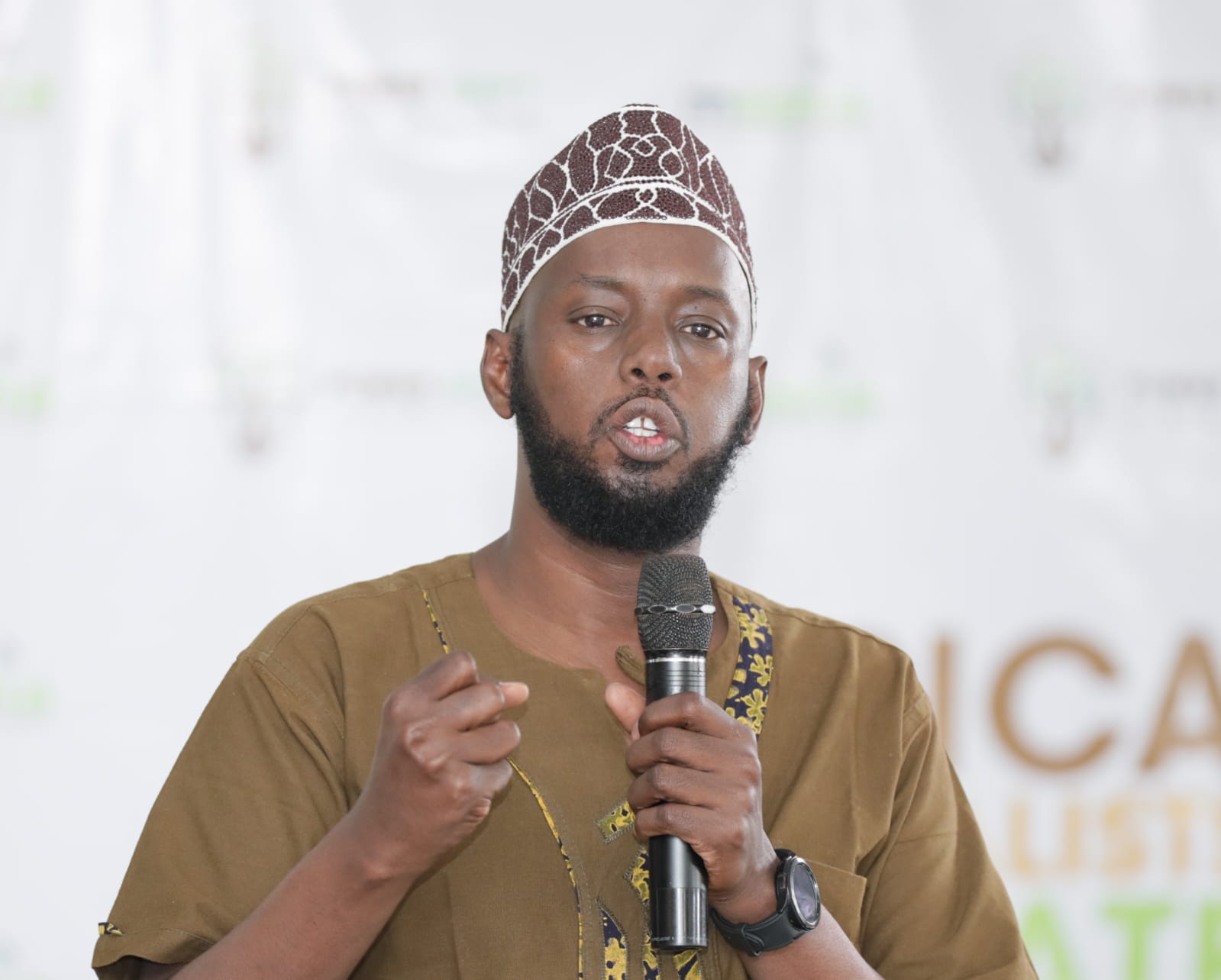
How carbon credits can help revive ecosystems
They fund climate-smart initiatives but are grappling with valuation
As carbon markets gathers pace, perhaps the time is ripe for us to examine the range of market-based mechanisms
In Summary

Climate change is no longer a looming crisis, but a lived reality across Africa. From prolonged droughts in the Horn of Africa to devastating cyclones in southern Africa, the continent is on the frontlines of a crisis it did little to create.
Yet, while African communities struggle to adapt and survive, the international response continues to offer “solutions” that are not only ineffective but, in many cases, dangerous.
A new report by Power Shift Africa, titled The African Carbon Markets Initiative: A Wolf in Sheep’s Clothing, lays bare the uncomfortable truth that much of what is presented as climate action today is greenwashing, protecting the interests of powerful polluters while deepening injustice.
As the idea of carbon markets gathers pace, perhaps the time is ripe for us to take a step back and closely examine the range of market-based mechanisms, techno-fixes, and speculative financial tools marketed as panaceas to the climate crisis.
These include carbon offsetting schemes, nature-based solutions tied to carbon markets, and unproven technologies like carbon capture and storage (CCS).
These “solutions,” we are told, will decarbonise the economy while stimulating development. In reality, however, they shift the burden of climate action from the Global North to the Global South, especially to Africa, and delay the urgent structural changes needed to avert ecological collapse.
One of the most heavily marketed false solutions is carbon offsetting. The idea seems straightforward: a polluter in the Global North can pay to “offset” their emissions by funding reforestation or renewable energy projects in Africa.
But in practice, this system is riddled with abuse, as rich countries and corporations are given a free pass to continue emitting greenhouse gases so long as they purchase cheap offsets from countries with limited capacity to monitor or enforce safeguards.
Even worse, many of these offsets are based on land grabs. In Kenya’s Rift Valley region, forests, farms, and communal lands are being rebranded as carbon sinks, pushing Indigenous communities and small-scale farmers off their land. Under the guise of climate action, Africa is being asked to rent out its ecosystems to polluters. This is not justice; it is colonialism in a green coat.
We must carefully and decisively critique “nature-based solutions” that hinge on monetising Africa’s forests and biodiversity. While restoring ecosystems is essential, reducing nature to a commodity does not solve the climate crisis.
It introduces new risks such as speculative financial bubbles, elite capture of natural resources, and conflict over land and water, as we have witnessed in many countries across Africa.
Africa’s landscapes are rich in life, culture, and history. It should shock anyone with a conscience that, under the prevailing carbon market models, a mangrove forest in Senegal or a wetland in Uganda becomes a ledger entry in a European bank’s balance sheet. These projects rarely benefit the local communities that have protected these environments for generations. Instead, they serve global finance, not climate justice.
Another false promise is the reliance on unproven and costly technologies like carbon capture and storage.
These technologies are not only expensive and energy-intensive, but also distract from the more pressing need to stop burning fossil fuels. Africa’s energy future must not be locked into fossil-dependent infrastructure just because oil companies want to experiment with capturing emissions decades from now.
The same applies to geoengineering schemes, such as solar radiation management, which seek to manipulate the Earth’s climate system without full knowledge of the consequences.
These speculative ideas are dangerous diversions that risk catastrophic unintended consequences for ecosystems and communities, especially in vulnerable regions like ours.
Perhaps the most egregious example of climate injustice is the failure of developed countries to meet their climate finance commitments. The promised $100 billion per year to support mitigation and adaptation in developing countries has never fully materialised. Instead, what is offered comes largely in the form of loans, deepening Africa’s debt burden under the pretext of helping it deal with a crisis not of its making.
Even worse, much of this finance is now being directed toward the same market-based solutions critiqued by our experts in the Wolf in Sheep’s Clothing report. Funds are channeled into carbon trading platforms and speculative nature-based solutions, rather than supporting public-led renewable energy, resilient agriculture, or community-driven adaptation. Africa needs grants, not green debt.
Africa does not need charity or carbon crumbs from the Global North. It needs climate reparations.
This means recognising the historical responsibility of industrialised nations, cancelling debt linked to climate vulnerability, and ensuring that African countries have the fiscal space and political autonomy to chart their own low-carbon development paths.
True solutions will look different from country to country, but they share common principles: they must be public-led, socially just, ecologically sound, and locally rooted. Community-owned renewable energy, agroecology, regenerative land use, and ecosystem restoration guided by Indigenous knowledge are the building blocks of a resilient and equitable climate future.
We must also redefine climate leadership. It is not the billionaires building carbon offset companies, or tech moguls investing in geoengineering startups, who will save us. It is the women-led cooperatives restoring drylands in the Sahel, the youth movements organising for clean air in Nairobi, and the Indigenous communities defending their forests in the Congo Basin.
We must reject these greenwashed narratives and fight for a just transition that serves the people, not the polluters. Only then can Africa rise, not as a carbon sink for the world, but as a continent of climate leaders charting a different path defined not by exploitation, but by justice.
Mohamed Adow is the Founder and Director, Power Shift Africa.

They fund climate-smart initiatives but are grappling with valuation